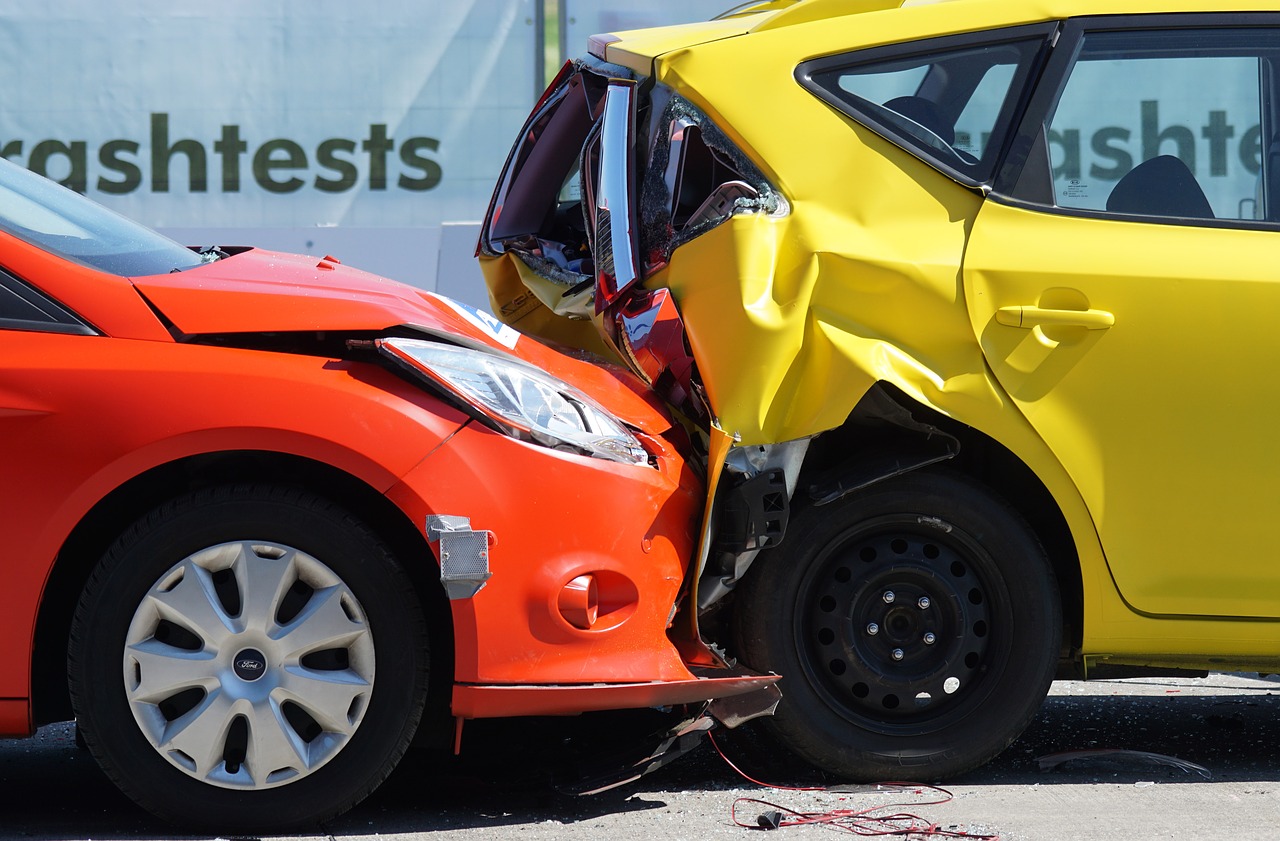Ride-sharing services like Uber have transformed how we commute, offering convenience and flexibility unmatched by traditional transportation methods. However, with the surge in their popularity, the likelihood of being involved in a car accident while using these services has also increased. If you find yourself in an Uber accident in Florida, it’s crucial to know the steps to take to protect your rights and ensure your safety. This article outlines the essential actions you should take if you’re ever involved in such an unfortunate situation.
1. Check for Injuries and Ensure Safety
The immediate aftermath of any car accident can be chaotic and confusing. Your first priority should always be to check yourself and others for injuries. If anyone is hurt, call 911 immediately to get medical assistance. Even if the injuries seem minor, it’s essential to get them assessed by a medical professional.
2. Contact Law Enforcement
Florida law requires that you report any car accident that results in injuries, death, or significant property damage to the police. Ensure that you or someone else at the scene calls the police to report the accident. A police report can be invaluable later for insurance claims and potential legal action, as it provides an official record of the incident.
3. Gather Information
While waiting for the police to arrive, gather as much information as you can about the accident. This includes the names, contact information, and insurance details of all parties involved. If there are witnesses, get their contact information as well. Additionally, take photos of the accident scene, including the vehicles involved, any visible damages, and road conditions.
4. Notify Uber
It’s crucial to report the accident to Uber as soon as possible. You can do this through the app. Uber has a protocol for dealing with accidents that involve their drivers, and notifying them promptly ensures that they can begin their process, which may include contacting their insurance provider.
5. Seek Medical Attention
Even if you don’t feel injured immediately after the accident, it’s wise to see a doctor as soon as possible. Some injuries, like whiplash, may not show symptoms until a few hours or days after the incident. Getting a medical evaluation will also provide documentation of your injuries, which is vital if you need to file an insurance claim or lawsuit.
6. Consult with a Personal Injury Attorney
Navigating the aftermath of an Uber accident can be complicated, particularly in Florida, which operates under a no-fault insurance system. This means that your own insurance may initially cover your medical bills and lost wages, regardless of who was at fault. However, if your injuries are severe, you might be entitled to seek further compensation. A local skilled personal injury attorney, like a Spring Hill Uber accident lawyer, can help you understand your rights, deal with insurance companies, and if necessary, pursue legal action to seek compensation for your injuries.
7. File an Insurance Claim
You’ll need to file an insurance claim to cover your damages and injuries. Uber provides $1 million of liability coverage to passengers involved in accidents while on a trip, which can cover your expenses if the driver’s personal insurance doesn’t apply. However, dealing with insurance companies can be challenging, so it’s beneficial to have legal representation during this process.
Being involved in an Uber car accident in Florida can be a distressing experience, but taking the right steps can help protect your health, rights, and financial well-being. By following the guidelines outlined above, you can navigate the aftermath of the accident more effectively and ensure that you receive the care and compensation you deserve. Remember, the key actions are to prioritize safety, report the incident, gather information, seek medical and legal advice, and notify all relevant parties, including Uber and insurance providers.


